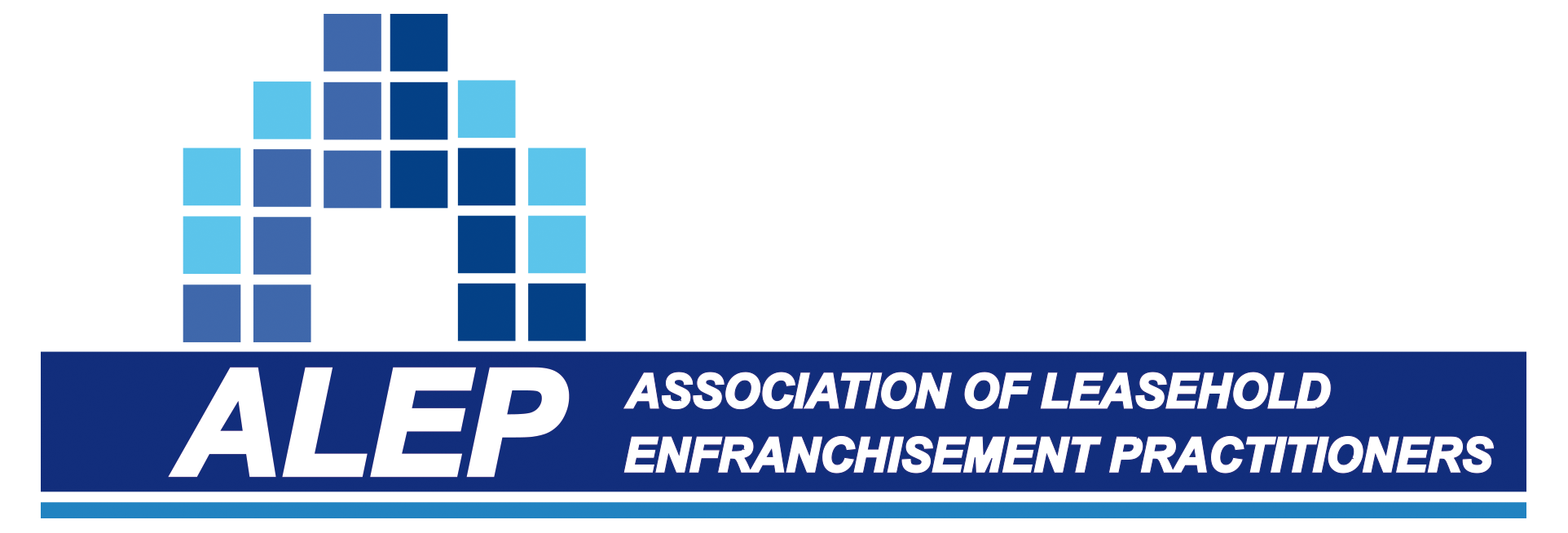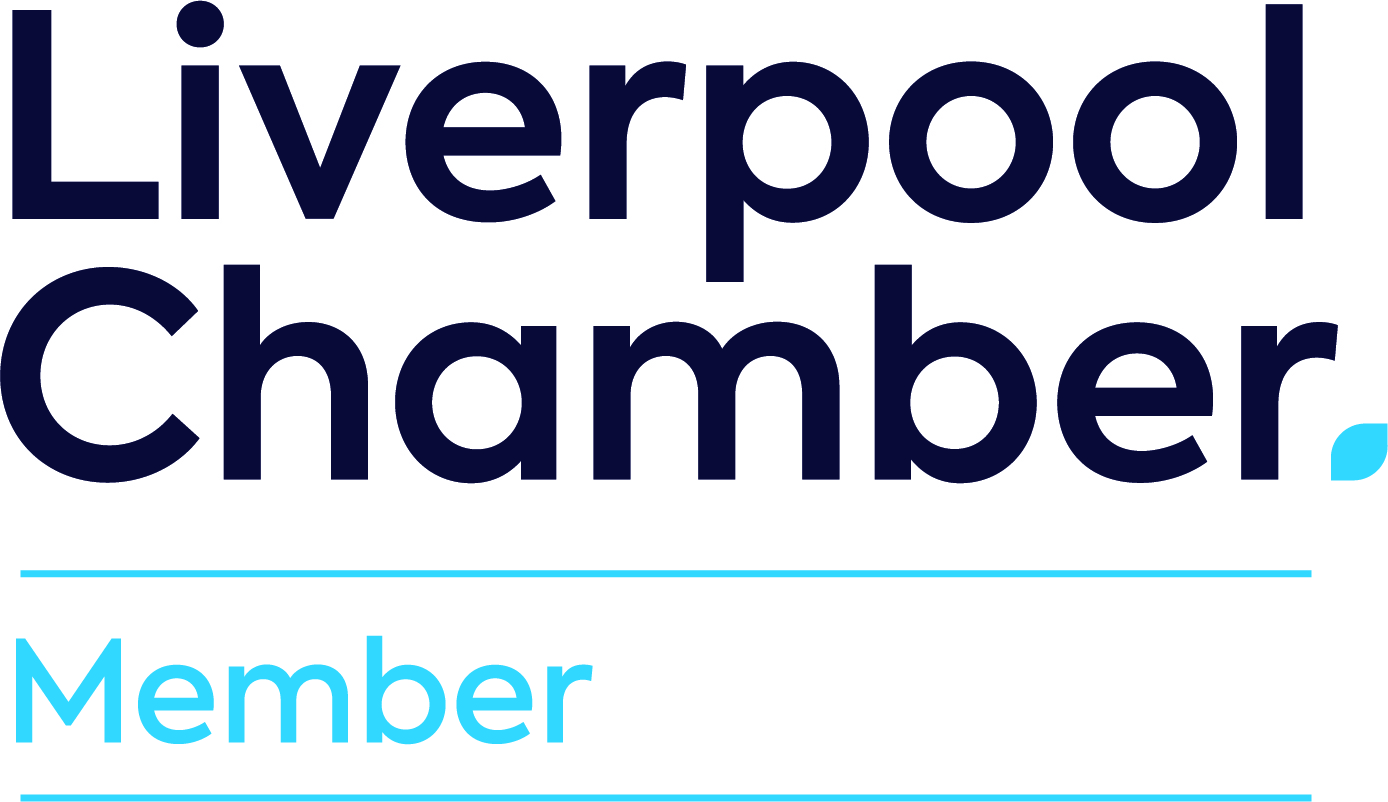Whether you are buying or selling a business, it is a significant decision and one which must be considered carefully by all parties involved.
There are two principal ways of acquiring a business in the UK:
Asset purchase
The buyer chooses to buy certain assets and rights of a business which are owned by the selling company; and
Share purchase
The buyer acquires ownership of the target company in its entirety. This acquisition would include all assets, liabilities and obligations of the business.
There may be certain commercial or legal factors which influence the structure of the deal, however, generally speaking, the option which secures the most advantageous tax treatment for the parties often prevails which varies according to the particular position of the buyer or seller.
Below are some of the key considerations when deciding upon an asset sale or a share sale.
1. Liability
An asset purchase enables the buyer to effectively cherry pick which assets of the business it wants to purchase and which liabilities it will assume.
Those assets and liabilities that are left behind, remain with the business and therefore stay in the hands of the seller.
The ability to leave liabilities behind can be a major advantage of an asset structure for the buyer, particularly where the target business has extensive known, or unknown, liabilities.
In the context of a share purchase all the assets and liabilities remain with the business so the buyer therefore assumes everything, lock, stock and barrel.
2. Employees
A potentially less appealing aspect of an asset purchase is that the transaction is likely to be caught by the Transfer of Undertakings (Protection of Employees) Regulations 2006 (TUPE).
Under TUPE, the seller’s employees automatically transfer to the buyer by operation of law on the current terms of their employment. This means that a buyer will inherit all employment-related liabilities concerning those employees.
A particular procedure must be followed by the both buyer and seller, to inform, and possibly consult with, representatives of their employees under TUPE. This process might not appeal to, or suit, a potential buyer.
Conversely, with a share sale, TUPE does not apply as there is no change in the identity of the employer.
3. Structural complexity
Often, an asset purchase can be a more lengthy and complex transaction than that of a share purchase. In particular, an asset purchase requires the parties to:-
- identify what assets are being sold and which are being retained by the business;
- deal with asset transfer formalities (legal title to each asset has to be transferred individually to the buyer);
- obtain third party consents which can be timely and expensive (i.e landlord consent if any leasehold property is being transferred or the consent of counterparties in business contracts the benefit of which is to be transferred to the buyer).
By contrast, under a share sale, a buyer would only purchase the shares of the company and by doing this, all the underlying assets that the company owns become under the control of the buyer.
4. Extraction of profits post-sale
Where the seller of assets is a UK company rather than an individual, it can sometimes be difficult for the shareholders of that selling company to realise any profit made from the sale.
Why? Because in order for the selling company’s shareholders to extract any profit, it is necessary for the company to pay a dividend or some form of distribution to its shareholders.
In addition, on a disposal of its business and assets, the selling company receives and is taxed on, the consideration paid to it by the buyer.
Should the shareholders of that selling company then wish to extract any profit, dividends paid to them will be subject to an income tax charge. The proceeds of sale therefore become ‘double taxed’.
With a share purchase on the other hand, the proceeds of sale are paid directly to the target company’s shareholders which avoids any need for extraction and double taxation.
5. Tax implications
[THIS DOES NOT REPRESENT TAX ADVICE WHICH WE DO NOT OFFER, AND SPECIFIC ADVICE SHOULD BE TAKEN TO COVER YOUR PERSONAL CIRCUMSTANCES]
Broadly speaking, the tax advantages for a seller in a share sale are far greater than for a buyer. On the other hand, an asset purchase is often more tax efficient for a buyer than for a seller.
The clearest way of setting out the key differences between the two approaches are set out below:
|
Tax implication
|
Purchase of shares
|
Purchase of assets
|
|
Entrepreneurs relief for individual sellers
This is a capital gains tax relief. Officers and employees with a 5% shareholding in a trading company (or holding company of a trading group) who make a chargeable gain on the sale of their shares up to the value of £10 million, can benefit from entrepreneurs’ relief which reduces the capital gains tax rate to 10%.
|
Yes
|
No
|
|
Substantial shareholding exemption for corporate sellers
This is a tax relief when the selling entity is a company (rather than an individual). Subject to other certain conditions, a gain on a sale of shares by a company is tax exempt where, throughout a continuous 12-month period beginning not more than two years before the sale, the selling company has held a substantial shareholding (generally, at least a 10% interest) in the target company whose shares are being sold.
|
Yes
|
No
|
|
Roll-over relief on assets
This is capital gains tax deferral relief. When certain business assets are sold and the funds are used to acquire a new business asset, roll-over relief may be available on any gain made on the sale of those assets. The relief is only normally available if the replacement asset is purchased in the 12-month period preceding the disposal of the old asset or three years after.
|
No
|
Yes
|
|
Buyer can claim capital allowances
This means that a buyer can claim an allowance when it buys assets that it keeps for use in the business, such as equipment, machinery, business vehicles, vans or lorries). The acquisition price for some or all of these assets can be deducted from any profits that the business makes before tax is payable.
|
No
|
Yes
|
|
Stamp duty and SDLT
|
Stamp duty @ 0.5% on the value of the shares being sold which is much more favourable than the SDLT payable on the transfer of land or buildings under an asset purchase.
|
SDLT payable on the sale of land or buildings at the applicable rates.
|
|
VAT on the transaction
|
No
|
No, provided that the sale is a transfer of a going concern.
|
It is clear that there are many issues for both a buyer and seller to consider before undertaking a company sale or purchase. The process can be complex and depending on the commercial terms of the deal it is vital to understand the main advantages and disadvantages of structuring a corporate transaction as a share purchase or an asset purchase.
Our experienced Corporate Solicitors are on hand to discuss and answer any related questions you may have.
For enquiries regarding your business law needs contact our corporate team directly by email This email address is being protected from spambots. You need JavaScript enabled to view it., call 0208 209 0166 or visit gadlegal.co.uk.












